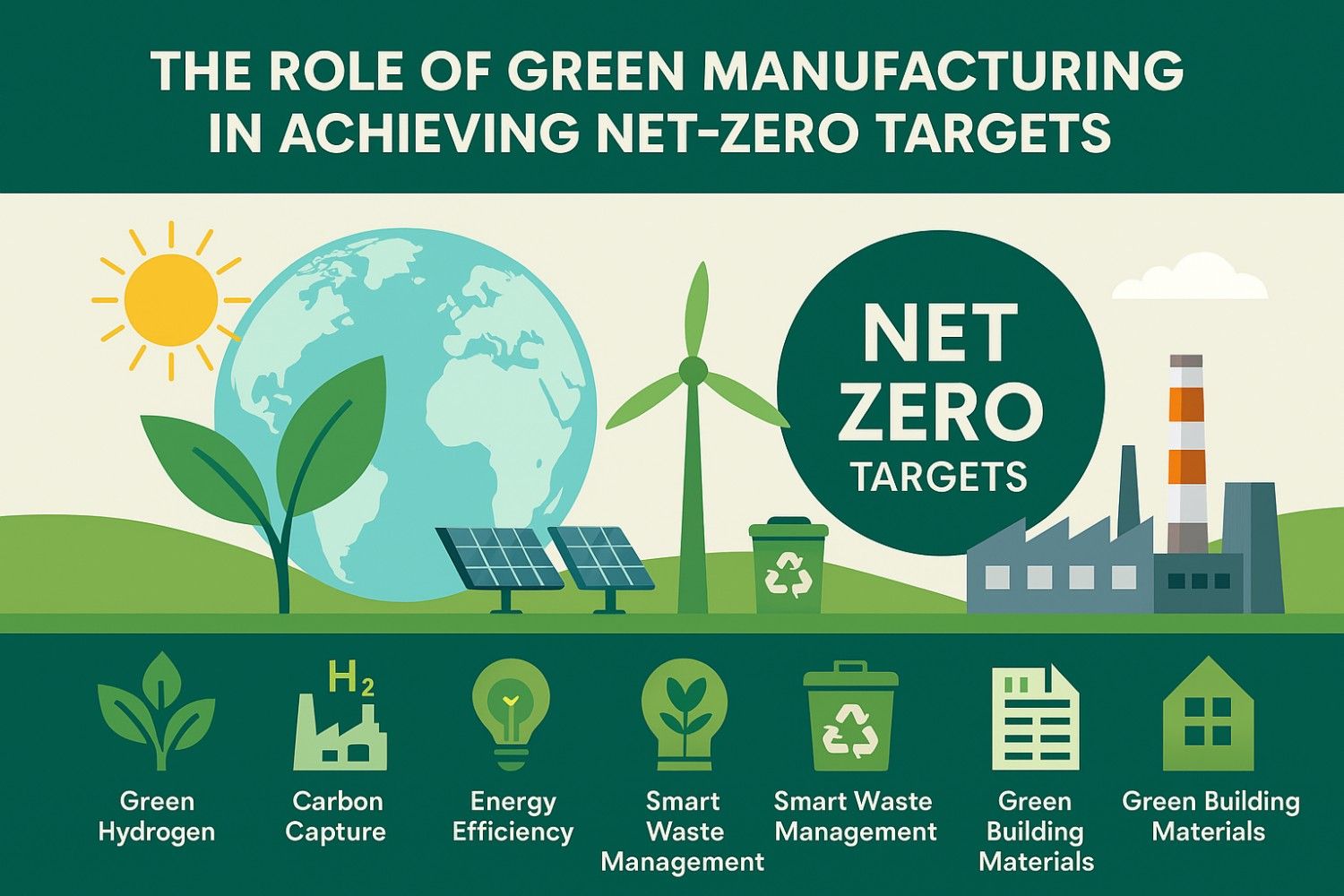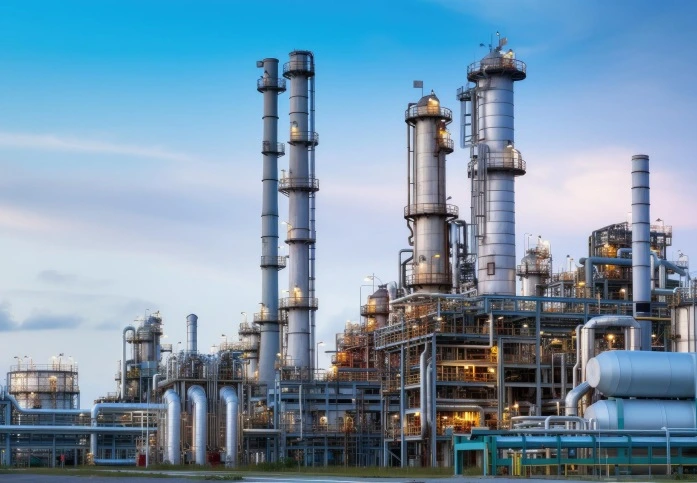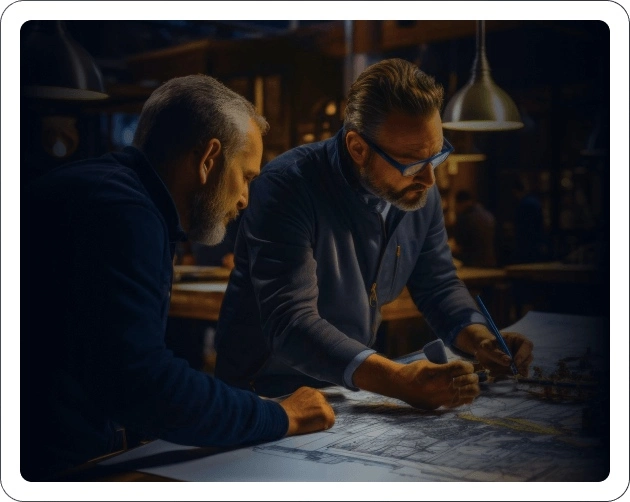Workplace safety is often overlooked in many industries, but the risks are real and can be life-threatening. Especially in high-risk sectors, safety management isn’t just a compliance requirement—it’s essential for protecting workers and assets.
That’s where expert process safety consultants in India like Ingenero come in. With specialized services like hazard analysis, overpressure protection, and regulatory compliance, Ingenero helps businesses mitigate risks and prevent costly incidents.
Discover how our tailored solutions ensure safety and compliance in even the most demanding environments.
What is Process Safety Consulting?
Process Safety Consulting is a specialized risk management service focused on helping organizations manage health, safety, environmental, and business risks. It involves a range of services designed to identify potential hazards, assess risks, and ensure compliance with regulatory standards.
With Ingenero’s proactive and responsive safety risk assessment consultants, you can ensure the optimal design and reliability of your relief systems. We address potential issues to enhance system reliability and support compliance with industry regulations and standards.
Ingenero specializes in relief device documentation, overpressure analysis, safety consulting, and training. Our expertise includes:
- Pressure Safety Valve (PSV) Design and Analysis: Prevent overpressure incidents.
- Flare Studies: Safely dispose of excess process fluids in emergencies.
- Dispersion Analysis: Assess the potential impact of hazardous releases.
Suggested Read: What Is Risk Assessment in Safety
Common relief system deficiencies we address include:
- Inlet and outlet piping pressure loss
- Insufficient relief area
- Inappropriate set pressure
- Lack of relief protection
- Relief temperature concerns
With decades of experience, Ingenero has conducted hundreds of safety studies to ace the process safety, including:
- HAZOP (Hazard and Operability Study): Identifying hazards and operational issues in processes or systems.
- HAZID (Hazard Identification): Initial hazard and risk assessment for projects or processes.
- QRA (Quantitative Risk Assessment): Detailed analysis to quantify risks and prioritize safety measures.
- SIL (Safety Integrity Level): Evaluating the effectiveness of safety systems in preventing hazardous events.
- LOPA (Layer of Protection Analysis): Assessing the effectiveness of protective layers in meeting safety standards.
Suggested Read: Sustainable Infrastructure: Design & Ingenero’s Approach
Benefits of Hiring Process Safety Consultants
Expertise and Specialized Knowledge
Process safety management consultants have the best industry knowledge and experience in hydrogen safety, functional safety, and regulatory compliance frameworks such as COMAH and DSEAR.
This specific knowledge makes them invaluable for identifying unique hazards and establishing best practices for mitigating more advanced safety concerns. Whether you need help identifying potential hazards of a new process or assistance in navigating complex regulatory requirements, your HSE advisers can make sure your safety management systems are up to the mark and compliant.
Enhanced Risk Management
Consultants work with businesses to identify, analyze, and eliminate risks before they lead to expensive incidents. These use advanced risk assessment techniques, such as hazard and operability studies (HAZOP), to identify vulnerabilities in processes and suggest practical remedies.
Ultimately, this risk management strategy keeps safety incidents at bay and helps your operations run smoothly and safely. Companies that implement enhanced risk management also protect their most valuable assets—people—and reduce the risk of unplanned downtime or extended interruptions to operations.
Regulatory Compliance
Compliance with safety regulations is paramount with the regulatory environment intensely enforced at a local and international scale. Process industrial safety consultants would be highly knowledgeable about current legislation, including the Dangerous Substances and Explosive Atmospheres Regulations (DSEAR) and the Control of Major Accident Hazards (COMAH) environment.
Compliance with these standards can be a complex and costly process to navigate, making IT consultants invaluable to businesses as they help them achieve compliance and avoid potential penalties and legal issues. They help you draft the paperwork, perform safety audits, and develop safety management systems that are mentioned in the regulation so that your organization stays compliant and does not face any legal issues.
Cost Savings
Hiring the best consultants could be costly upfront, but their true return on investment becomes apparent as time goes on. Early identifying risks, optimizing safety measures, and preventing accidents it help reduce the risks of costly incidents, including workplace accidents, damage to equipment, and spills.
Moreover, consultants streamline safety protocols, minimizing operational inefficiencies caused by downtime and costly maintenance. By preventing potential hazards and mitigating risks, their efforts save organizations significant amounts of money in the long run, minimizing the expenses incurred on lawsuits, insurance claims, and penalties for non-compliance or safety failures.
Suggested Read: The Role of Process Safety Consultants in Ensuring Safe and Efficient Asset Management
How to Choose the Right Process Safety Consultant
- Experience and Expertise
Look for consultants with industry-specific experience and a proven track record in handling complex safety challenges, especially in hydrogen safety or compliance areas.
- Certifications and Qualifications
Ensure the consultant holds recognized certifications, such as TÜV Functional Safety or NEBOSH, indicating professional expertise in process safety.
- Risk Assessment Approach
Choose a consultant with a robust risk assessment methodology, using industry-standard tools like HAZOP and FMEA to identify and mitigate risks effectively.
- Regulatory Knowledge
The consultant should be well-versed in relevant safety regulations, such as DSEAR and COMAH, and help you achieve compliance.
- Reputation and References
Research their reputation and ask for client references or case studies to verify their past successes in process safety.
- Communication and Collaboration
Select a consultant who communicates clearly and works closely with your team, ensuring tailored solutions and clear recommendations.
- Customization and Flexibility
Look for a consultant who can adapt their approach to meet your unique safety needs and challenges.
- Ongoing Support and Training
Ensure the consultant offers continuous support and training to maintain and enhance your safety practices over time.
Suggested Read: Sustainability in the Process Industry
Conclusion: Ensure Safety with Ingenero’s Expert Process Safety Consultation
Maintaining solid process safety management is essential in times of economic pressure and operational challenges. Ingenero’s expertise in process safety consulting can help mitigate risks, protect assets, and ensure compliance with industry standards.
We offer comprehensive solutions, including relief system design evaluation, risk management, and safety studies. Our extensive experience in analyzing overpressure protection systems has uncovered numerous design flaws, helping prevent dangerous incidents like vessel ruptures.
Ingenero’s multidisciplinary team, with over 1.1 million man-hours of experience, provides a broad range of services, including process hazard analysis consultants, safety system design, and automated monitoring solutions to ensure safe operations, even with reduced staffing or limited resources.
Our specialized knowledge in industries handling hazardous chemicals and our ability to implement cost-effective safety measures make us an ideal partner for maintaining safety during challenging times. By choosing Ingenero, companies can safeguard their operations, employees, and assets while optimizing safety protocols and achieving compliance with regulations like OSHA PSM.
For organizations aiming to integrate safety with performance, partnering with experts offering Engineering Consulting Services ensures tailored strategies and long-term risk reduction.
Suggested Read: What Is Engineering for Sustainability? Key Insights & Impact




